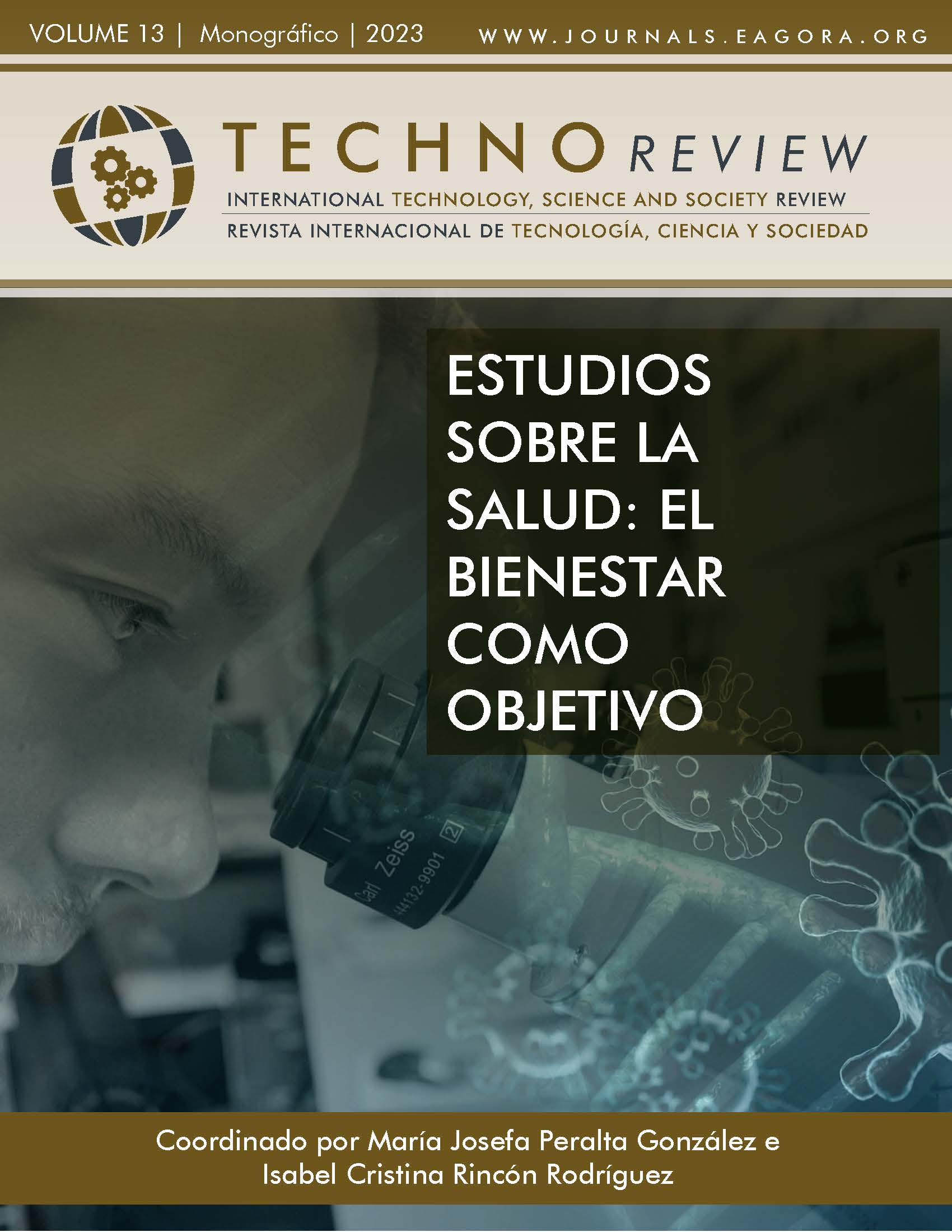Bencene and alcohols from occupational exposure in graphic arts in Bucaramanga, Colombia
DOI:
https://doi.org/10.37467/revtechno.v13.4976Keywords:
Bencene, Alcohols, Graphic Arts, Decent work, Occupational disease, Dangerous chemical substances, Volatile organic compounds (VOC)Abstract
In Colombia, the publishing industry, known as graphic arts, includes periodical and commercial publications, books and packaging, among others. This study carried out a sample of exposure to bencene, 2-propanol and n-propanol in workers in the sector. Sample analysis used method 1501 of the National Institute for Occupational Safety and Health (NIOSH, 1984). The results show the presence of organic vapours of bencene and alcohols. Other substances such as xylene and toluene are likely to be present in these environments. Likewise, it concludes that the analysis of other alcohols such as ethanol, isobutanol and butanol should be considered.
References
American Printing History Association (2017). Offset Printing. https://printinghistory.org/the-technology-of-printing/offset-printing
Asociación Colombiana de la Industria de la Comunicación Gráfica (23 abril de 2020). Ranking empresarial de la comunicación gráfica 2019-2020. Andigraf. https://andigraf.com.co/ranking-sectorial-de-la-comunicacion-grafica/
Chaiklieng, S., Suggaravetsiri, P., Kaminski, N., & Autrup, H. (2021). Exposure to bencene and toluene of gasoline station workers in Khon Kaen, Thailand and adverse effects. Human & Ecological Risk Assessment, 27(7), 1823–1837. https://doi-org.ezproxy.uniminuto.edu/10.1080/10807039.2021.1910010
Castro Peláez, L. J. (2013). Evaluación ambiental en el proceso de aplicación de tintas litográficas en la Empresa Grupo Korien.
Doe, J. (2019). Harvard Business Review, 91(2), 55-64.
Geraldino, B. R., Nunes, R. F. N., Gomes, J. B., da Poça, K. S., Giardini, I., Silva, P. V. B., Souza, H. P., Otero, U. B., & Sarpa, M. (2021). Evaluation of Exposure to Toluene and Xylene in Gasoline Station Workers. Advances in Preventive Medicine, 1–10. https://doi-org.ezproxy.uniminuto.edu/10.1155/2021/555363
González De A., S., Mirna, G. I. G., Marrero B., S., Bello, M., Rivero, E., Piñero, S., & Guevara, H. (2005). Fenol en orina como índice de exposición al benceno y su Relación con el Perfil Hematológico en Trabajadores del área de latonería y pintura. Informe Médico, 7(1), 1–6.
Hayta, P., Oktav, M., & Ateş Duru, Ö. (2022). An ecological approach to printing industry: Development of ecofriendly offset printing inks using vegetable oils and pine resin as renewable raw materials and evaluation of printability. Color Research & Application, 47(1), 164–171. https://doi-org.ezproxy.uniminuto.edu/10.1002/col.22708
Haro-García, L. C., González-Bonilla, C. R., Chacón-Salinas, R., Pérez-Lucio, C., Juárez-Pérez, C. A., & Borja-Aburto, V. H. (2008). Exposición ocupacional a mezcla de benceno-tolueno-xileno. Revista Médica Del IMSS, 46(6), 643–650.
Jaramillo, M., Cabrera, M. N., Duque, W. O., Pérez Ruiz, D. D., & Portilla, G. (2005). Inventario de emisiones de contaminantes atmosféricos por fuentes puntuales en la zona Cali-Yumbo (Colombia). Ingeniería y Desarrollo, 17, 115–129.
Johnson, M. (2020). Safety Science, 136, 105812.
Neenah P. (2021). Offset Printing 101. www.neenahpaper.com/resources/print
ONU (1948). Declaración Universal de Derechos Humanos. www.un.org/es/universal-declaration-human-rights/
Organización Internacional del Trabajo (OIT) (2021). ¿Qué es el trabajo decente?. www.ilo.org/es/temas/trabajo-decente/lang--es/index.htm
Rizvi, S. (2018). Ink Chemistry and Technology. Springer.
Santiago, F., Alves, G., Barros Otero, U., Medeiros Tabalipa, M., Ríos Scherrer, L., Kosyakova, N., Ornellas, M. H., & Liehr, T. (2014). Monitoring of gas station attendants exposure to bencene, toluene, xylene (BTX) using three-color chromosome painting. Molecular Cytogenetics, 7(1), 1–14. https://doi-org.ezproxy.uniminuto.edu/10.1186/1755-8166-7-15
Silva Graciani, F., & Bonora Vidrih Ferreira, G. L. (2014). Salud laboral en Brasil y regulación y control de la toxicidad relacionada con el benceno. Revista cubana de salud pública, 40(3), 406–411.
Semana (17 de enero de 2023). Artes gráficas. Revista Semana. www.semana.com/especiales/articulo/artes-graficas/6938-3/
Smith, J., Jones, K., & Brown, T. (2019). Occupational and Environmental Medicine, 44(6), 407-410.
Wu, Y. (2020). World Development, 135, 103512.
Yadav, A., Saha, A., Chakrabarti, A., Nengzapum, G., Das, A., & Das, S. (2021). Urinary metabolites as exposure biomarkers of bencene, toluene, ethyl bencene, and xylene in footwear workers and assessment of pulmonary function. Environmental Disease, 6(3), 91–97. https://doi-org.ezproxy.uniminuto.edu/10.4103/ed.ed_5_21

